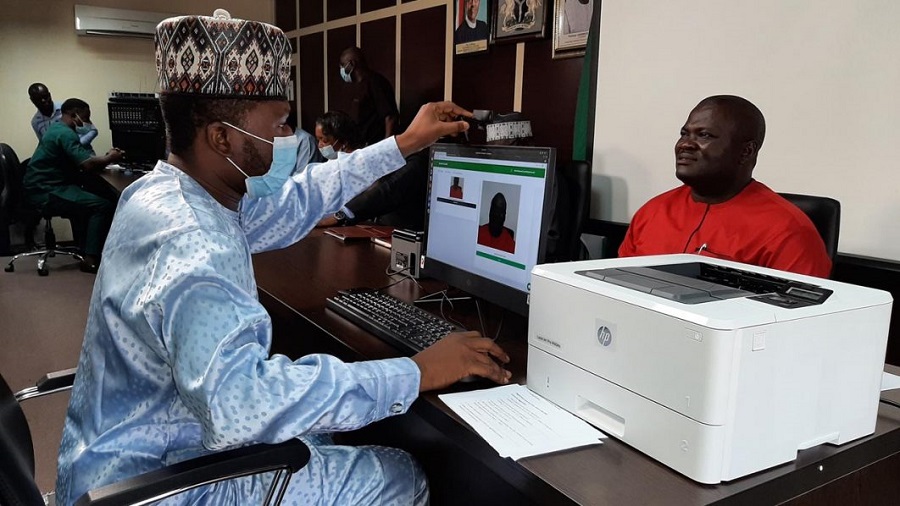The Independent National Electoral Commission (INEC) has said that 4.5 million Nigerian youths completed the online registration for fresh voters’ cards as of May 30, 2022.
The youths, who are between the ages of 18 and 34, according to INEC’s data accounted for 69.5% of the total registrations completed online since the beginning of the continuous voter registration (CVR) exercise. INEC disclosed that while a total of 10.2million fresh applications were received, only 6.5 million applicants completed their registration, out of which the youths accounted for 4.5 million.
The youth’s interest in registering for voters’ cards this year may have been aroused by various advocacy campaigns by influencers on various social media platforms, especially, Twitter.
Further analysis
Out of the 6.5 million, who completed the online registration, INEC says 1.3 million were middle-aged Nigerians between the age of 35 to 49, while 556,572 were elderly people between the ages of 50 to 69.
Older people between the ages of 70 and above also used the online platform to register for voters’ card as 76,186 of them completed their registration.
In terms of gender, 3.25 million of the applicants were male while 3.29 million were female.
What you should know
- The electoral umpire had announced that the online registration would close by Monday 30th May 2022, while the continuous voters registration exercise would end by June 30, 2022. However, Nairametrics checks show that the portal is still open today as of the time of filing this report.
- Socio-Economic Rights and Accountability Project, SERAP, has urged the Chairman of the Independent National Electoral Commission, INEC, Professor Mahmood Yakubu to extend the deadline for voter registration to give more time for eligible Nigerians to exercise their right to participate in the same way the electoral body has extended the deadline for party primaries.
- According to SERAP, “Extending the voter registration deadline would provide more time for eligible voters, including young people, the elderly, people living with disability, as well as those resident in states facing security challenges and living in IDP camps to participate in the 2023 elections.”
